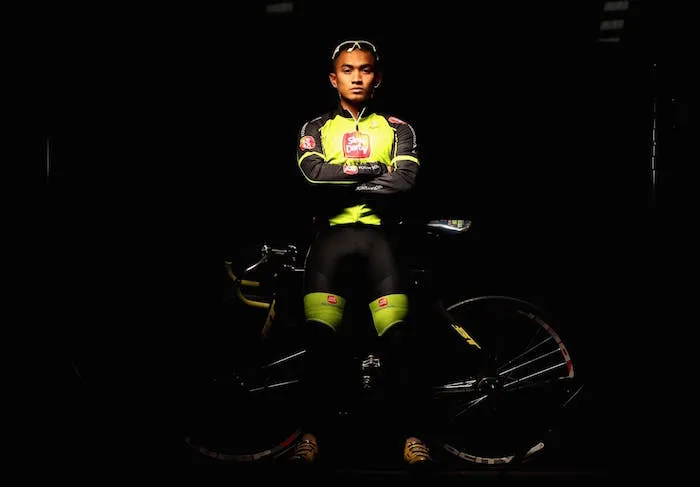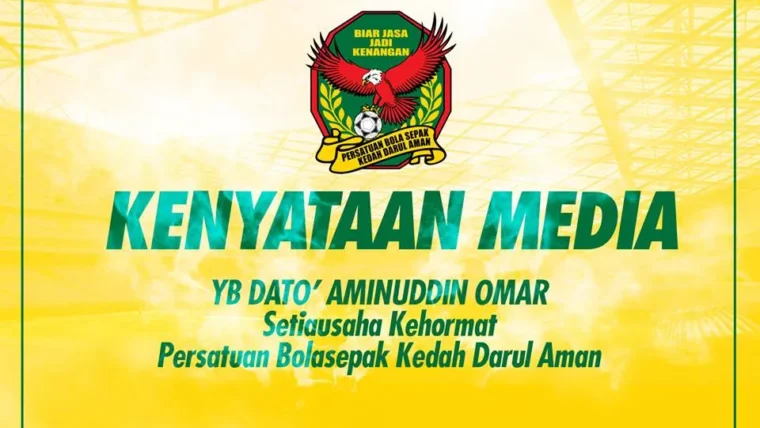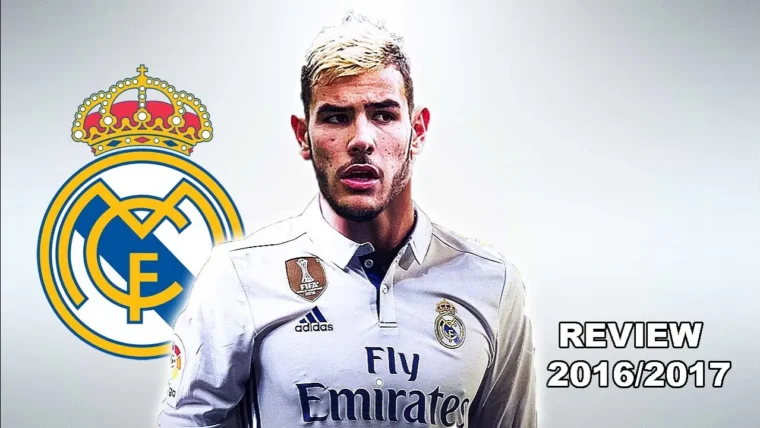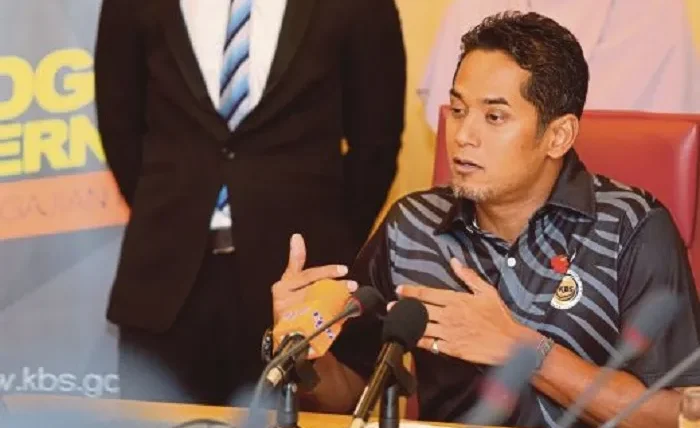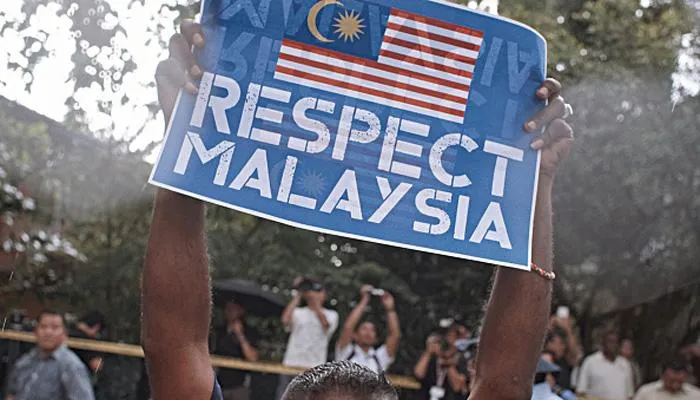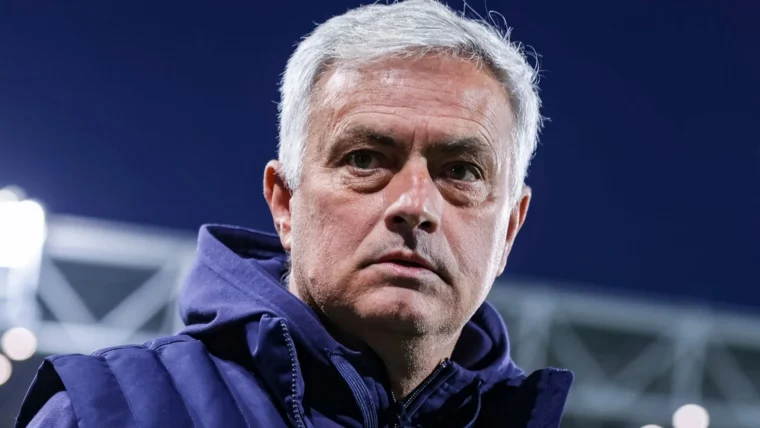In February 2011, Azizulhasni attempted to pull off the impeccable stunt of beating Sir Chris Hoy in the keirin final of the Manchester World Cup. It wasn’t just Sir Chris though, the final line-up had the likes of Jason Niblett, Edward Dawkins and even Juan Peralta Gascon – effectively meaning Azizul was going to have his work cut out.
Predictably, as soon as the pacer moved sideways, Sir Chris powered ahead from the back, using the outside track to slip past Azizul, before powering past two other cyclists into top spot. Seconds later, four out of the five riders behind Sir Chris crashed on the last bend of the race, allowing the British cycling legend to finish first, with Niblett coming in second.
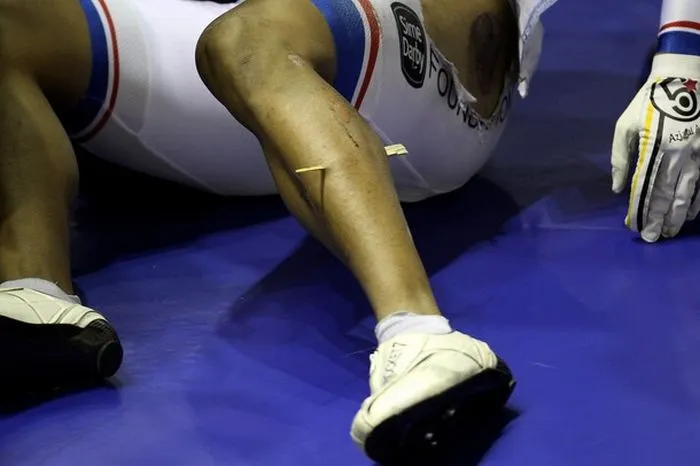
What happened next was absolutely astounding. The crash caused a splinter from the track to pierce through Azizul’s calf – it was a horrific sight. Incredibly, the man himself wasn’t perturbed. He stood up, picked up his bike and raced to the finish line to secure third spot, before collapsing in pain. The entire incident lasted 10 seconds. But in that time, Azizul showed more grit, determination and desire, than anyone could have expected of him. For a country that lives through an ‘excellence vs mediocrity’ battle every day, it was a jaw-dropping sight.
It’s been the story of his life, really.
The diminutive figure has had to fight throughout his life – his battles were never made easier by the reputation cycling had within Malaysia. Bicycles are common – don’t get me wrong – but track cycling is a whole different world and you don’t get the exposure to it on a daily basis either.
Take football for example. It’s embedded in our culture; spend 10 minutes driving around your neighbourhood every evening, and you’d end up spotting some kids kicking it around on the streets or a field. It’s inevitable, really. Similar things can be said of badminton as well. Badminton courts are readily available in most Malaysian cities or towns and most Malaysians have at least tried playing it at some point of their lives.
But with cycling, it’s a different set of challenges. You’d think he received full backing from every possible party, prior to Rio 2016. But right after winning the bronze medal, Azizul rocked the country by ‘mocking’ the Terengganu Chief Minister for his ‘lack of support’ over the last 12 months or so. Now take a minute to imagine what it would have been like when Azizul was nothing but a newbie in the sport?
He was born and raised in Terengganu – a state that’s slowly developing a reputation of housing cycling talents. He started training at an early age, courtesy of the Dungun Cycling Team, but his first real break arrived when he joined the Bukit Jalil Sports School in 2004, at the age of 16.

What he barely knew though – it was never going to be easy. “On my first day at sports school, I was told by my (then) coach that I will never make it far due to my ‘small size’ as compared to my peers who are more physically built. I was constantly looked down upon on my figure which fueled me to prove that my size is not a limitation and I sacrificed most of my younger days to train and work hard just so I could prove these people wrong,” he was quoted as saying, during a motivational session that was organized by the Sime Darby Foundation, earlier this year.
Three years later, Azizul broke into the Asian Cycling scene with an emphatic gold medal finish at the Asian Championship in Bangkok. Merely two years into the scene, Azizul went global. In 2009, the 5ft 6in cyclist sent shock waves around the globe by securing silver in the sprint event, finishing closely behind France’s Gregory Bauge at the World Championship.
12 months later, he secured a second consecutive silver in the same competition, coming behind legendary British cyclist Sir Chris Hoy, this time around. From that moment onwards, there was no turning back. John Beasley shed tears on the sidelines and Azizul started going after world domination.
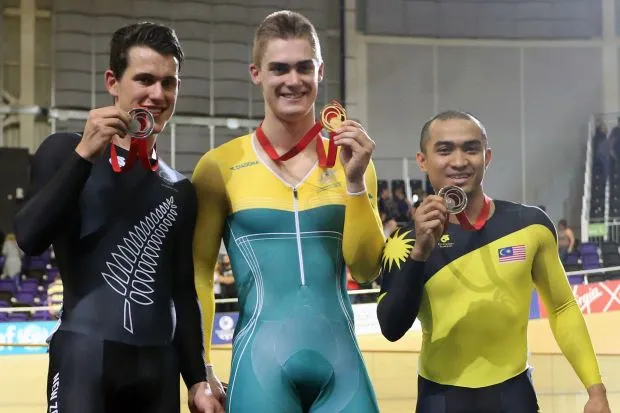
Size though, remained his biggest barrier. The Asian scene became a routine for Azizulhasni – he was more than capable of dominating it. The global scene, was a tad trickier. “If the keirin had different weight categories like boxing, I would have won the world title every year,” he was quoted as saying by The Star recently. And despite silencing his critics on a plethora of international platforms, Azizul was left empty-handed at the Olympic games in London, for the second time.
Here is where a visible line can be drawn. It would have been easy to walk away, knowing that size would always be a barrier. After all, he could still focus on conquering Asia – it was right there for the taking and feasibility was no longer a question. But he fought. He fought the system, he fought for funds, he drove his body against every limit out there.
While thousands of Malaysians spend their weekends watching the English Premier League on TV, Azizulhasni was out there in Melbourne, away from family, sweating blood, on a training bike. In fact, his dad – Awang Muda Embong – last saw him in January 2016. “I admit that I miss Jijoe [Azizulhasni] a lot. He even gave the Aidilfitri celebrations a miss owing to his strict training regime. Like Jijoe, I too am willing to sacrifice our union for the sake of the nation,” he told NST recently.
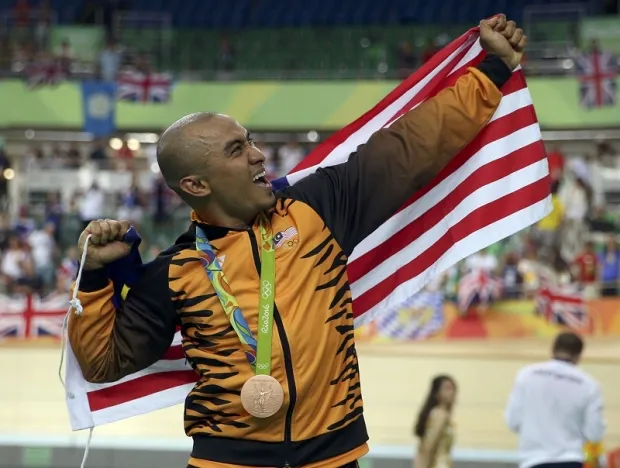
Two days ago, his efforts paid handsome dividends. Seven years after shocking the world by clinching a silver medal finish at the 2009 World Championships, Azizulhasni finally secured an Olympic medal – which is also Malaysia’s first ever Olympic medal in track cycling.
Azizul’s long ‘thank-you’ message on Facebook puts everything into context, really – his success over the years is due in no small part to collective effort from various stakeholders. They helped fund his aspirations, they helped him fight against the disadvantages he faced. That shouldn’t dilute the volume of individual effort it took – as he eloquently described in the same motivational speech, earlier this year.
“Pursue your passion at 110% because you won’t regret going after what you really want in life. You must remember to manage your time and resources properly. To be great, one must be ready to make sacrifices. It can get lonely at times, but the fruit is sweet. Don’t lose sight of your goals,” he enthused.

He’s back in Malaysia, and he’ll probably take several days off, to finally see his old man and go for long walks with his daughters, who were both down with fever over the past one week. Probably catch up on leftover Hari Raya food, and binge-watch his favourite Netflix shows.
Deep inside though, you know this isn’t the end. In four years, Tokyo will take on the mantle of hosting the 2020 Olympic Games and he’s already thinking about that. How do I know that? His first words to Khairy Jamaluddin after the keirin final were: “Sorry Chief, it wasn’t gold.” Those aren’t words of a satisfied athlete. Those are words of an athlete who knows he can do better and wants to do better.
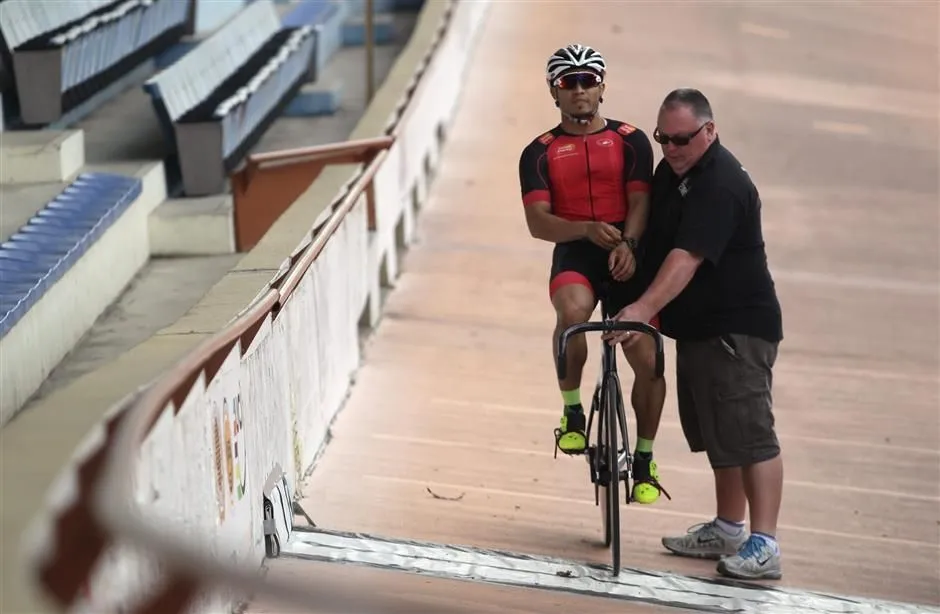
So what does Azizulhasni do when he’s dissatisfied? He fights. And I bet you he’ll be there to fight his socks off, when 2020 kicks in. John Beasley would probably be there too. `
Thank you for everything, Azizulhasni. You are truly an inspiration. #TeamMalaysia
Other posts by Keeshaanan Sundaresan

